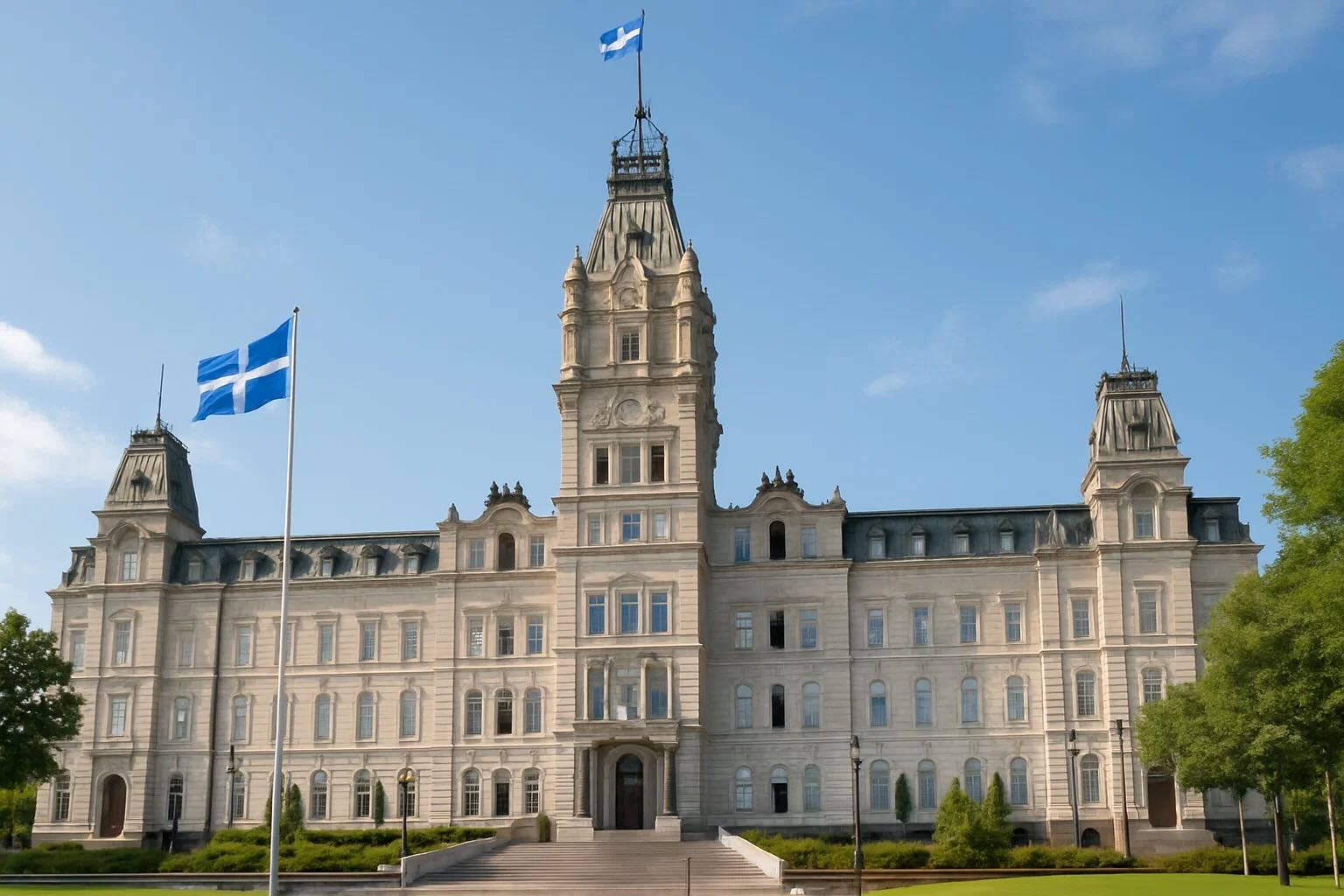
Policy Start Date and Key Changes
Beginning January 1, 2026, Canada will implement a new framework for graduate-level study permits. According to Immigration, Refugees and Citizenship Canada (IRCC), international master’s and PhD students will no longer be required to submit a Provincial or Territorial Attestation Letter (PAL/TAL) when applying for a study permit.
The reform aims to reduce administrative burden, shorten processing times, and eliminate inconsistencies among provinces. Doctoral candidates will continue to benefit from a two-week fast-track processing window, ensuring research-focused permits are finalized within 14 days.
Compared to the previous system, which required additional verification steps in some provinces, this nationwide simplification will make it significantly easier for international students to begin their programs and research in Canada without delay.
Who Qualifies Under the 2026 Policy
The new rules apply to all master’s and doctoral students accepted to a Designated Learning Institution (DLI) in Canada. Applicants must:
- Submit a complete online application with all supporting documents and fees;
- Hold a valid Letter of Acceptance (LOA) from a Canadian institution;
- For PhD applicants, once the LOA is verified and biometrics are completed, the study permit will be processed within two weeks;
- Master’s applicants are not guaranteed a specific timeline but are expected to experience faster processing due to simplified requirements.
Importantly, there will be no provincial, institutional, or national quotas—all eligible applicants can benefit from the new pathway.
Family Members Can Apply Together
IRCC emphasizes the importance of family unity in student success. Under the new policy, family members may apply alongside the principal applicant. Eligible dependants include:
- Spouses or common-law partners, who may apply for an open work permit;
- Dependent children, who may apply for a study permit or visitor visa;
- Children of dependents, who are also eligible to be included.
Submitting family applications together allows for coordinated and faster processing, enabling families to travel and settle in Canada together.
Post-Graduation Work and Immigration Pathways
After completing a master’s or doctoral degree, international students may apply for a Post-Graduation Work Permit (PGWP) to gain valuable Canadian work experience.
This experience can later support permanent residency (PR) applications through programs such as:
- The Canadian Experience Class (CEC) under the Express Entry system;
- Provincial Nominee Programs (PNPs).
These pathways allow students to transition smoothly from education to long-term settlement—turning Canada into not just a place to study, but a place to build a future.
Significance and Impact
The reform not only simplifies application procedures and removes regional barriers but also reaffirms Canada’s commitment to attracting top global talent. IRCC stated that the changes will reduce paperwork, shorten processing times, and help universities and families plan with greater confidence.
With this policy, Canada is expected to maintain its global competitiveness in international education, offering graduate students and researchers a more transparent, efficient, and welcoming environment.









